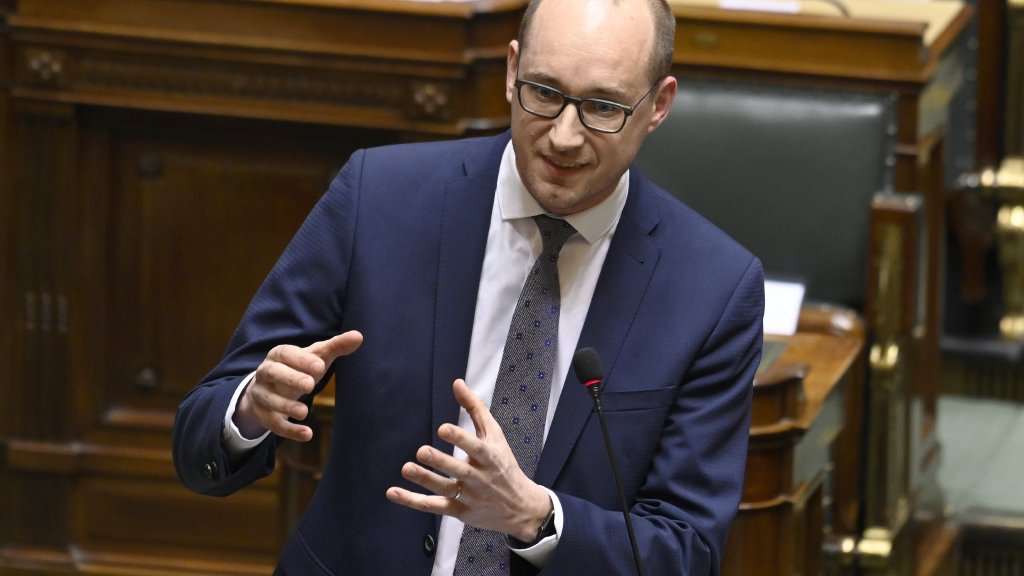The federal parliament’s finance committee has approved a bill that would impose a special tax on share incomes of more than one million euros.
The bill was passed by ten votes to six, reflecting its controversial nature. Opponents, representing the richest of shareholders, argue the threshold is arbitrary and therefore discriminatory.
Others warn that the new tax will simply encourage those with extensive share portfolios to seek offshore and tax-free ways to hide their income from the tax authorities.
The tax would be introduced at 0.15% on all holdings worth more than one million euros collectively. Estimates suggest it could bring in as much as €429 million in a year once up to speed, and €400 million from the outset.
The money would be earmarked for health care spending. However government tax income is generally not hypothecated to one particular spending area, so that promise could evolve in the next future, for example when the current health crisis is over.
The vote yesterday took place in a second reading called for by Flemish nationalists N-VA member Joy Donné, who pointed to the bill’s “fundamental fragility,” and stressed the possibility of a contest before the Constitutional Court.
“This securities tax is as vulnerable to destruction as the previous one,” he said, referring to a previous similar bill that was quashed in October 2019. According to Donné, the principle of equality is violated on several points.
Proponents of the bill have always stressed their aim is to have the greater burden carried by those with the broadest shoulders, and that point was stressed by Christian Leysen (CD&V).
“It's not fun, but it's fair,” he said. “I hope that labour market reforms will be discussed with the same urgency.”
For Flemish socialist Joris Vandenbroucke, meanwhile, the passing of the bill in committee was just the first step in a range of progressive changes.
“We are moving forward with this coalition,” Vandenbroucke said. “Unlike the previous government, it doesn't stop here. Later we will discuss the abolition of tax regularisation,” he said, referring to the possibility for major tax evaders to escape trial by paying a fine and back taxes.
“Every month there is a draft bill in the Finance Committee that relates to the fight against tax fraud,” Vandenbroucke said.
Alan Hope
The Brussels Times

